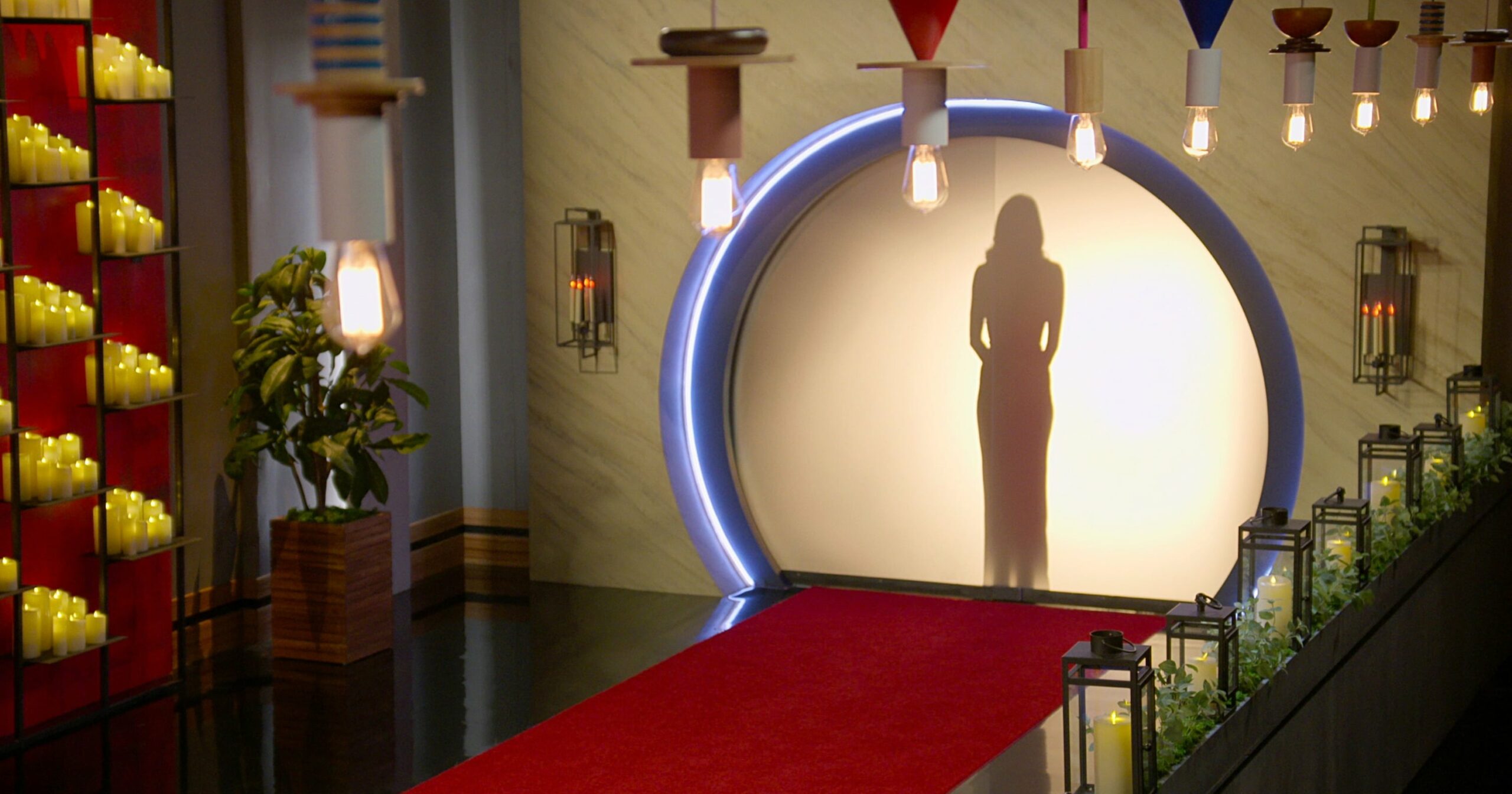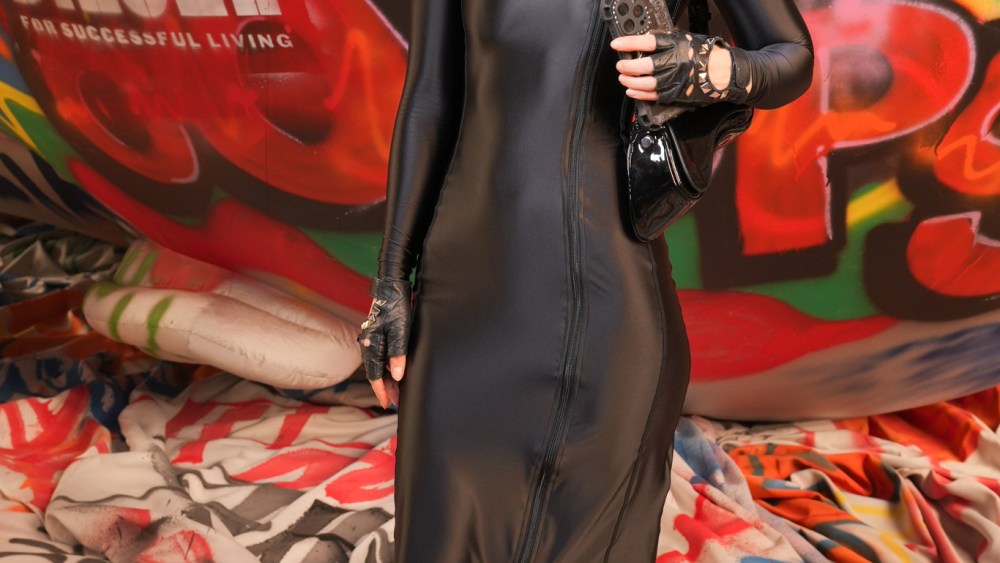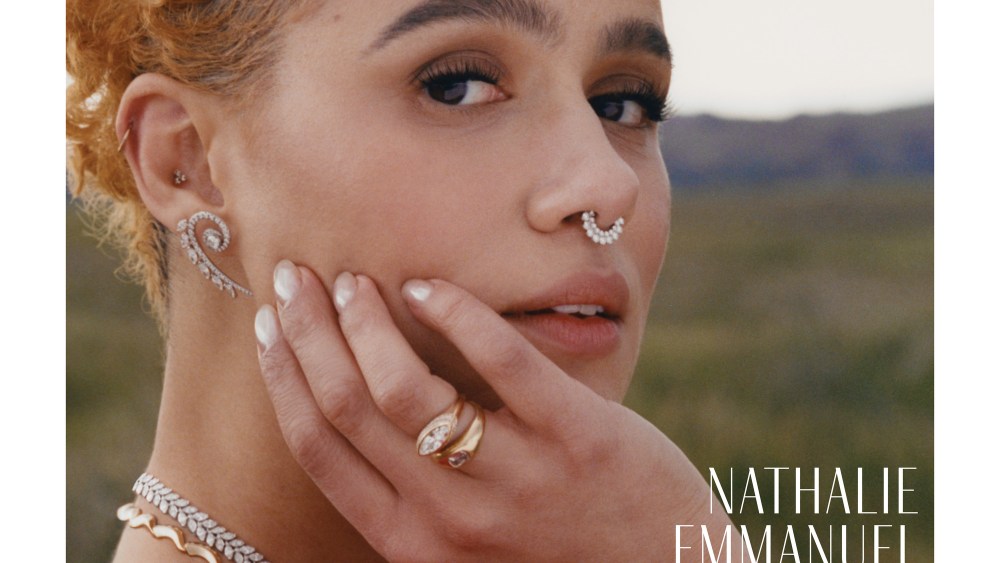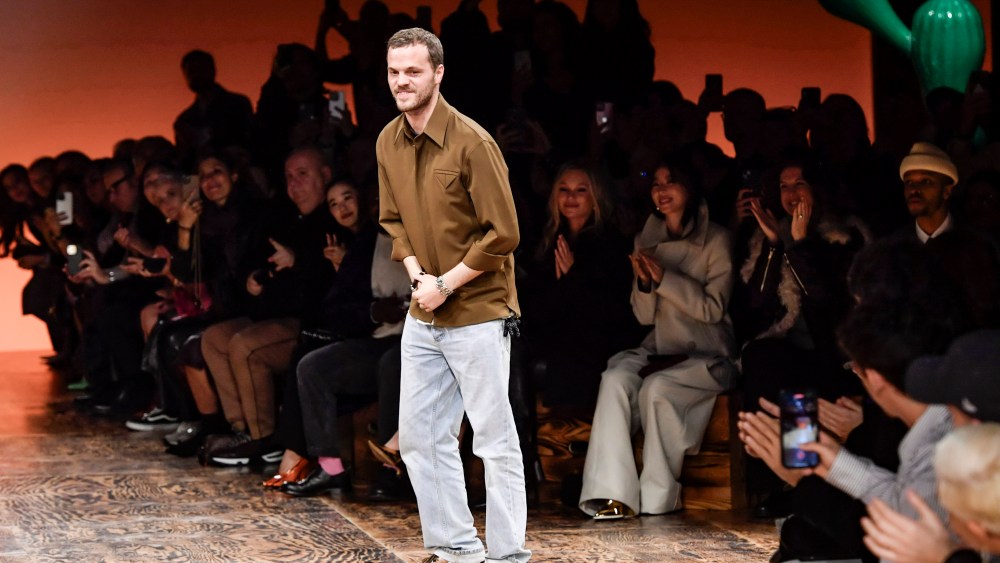Like many of you, I’ve noticed the glaring lack of authentic body diversity on “Love Is Blind.” And while some might demand more representation as a remedy, I say no thank you. I’m wary of putting a plus-size woman in the hands of reality TV show producers that will likely trap her in outdated narratives about big girls and our romantic prospects.
“Shallow Hal,” anyone?
I’m CeCe Olisa, and this is In My Body – a space where I share my journey through fitness, beauty, and wellness as a Black woman in a larger body. I proudly embrace being a plus-size Black woman with dark skin and sisterlocks. These aren’t just aesthetics; they’re part of my identity. Have I redefined beauty for myself? Absolutely. And if the media ever tried to lend a hand, it was wrapped up in conventional bias.
Watching just one season of “Love Is Blind“ is enough to understand that the show isn’t about tearing down beauty standards – it’s about playing into them. I know what it feels like to hold my breath whenever a big girl appears on TV or in movies, only to be met with one-dimensional portrayals. You know how it is: The media often boxes big girls in as the quirky girl with an amazing personality, always the bridesmaid or best friend.
But I witness that IRL, and plus-size women’s lives are so much richer. Out here, we are dated, courted, proposed to, and wed every single day. Our love stories are vibrant and full of passion – stories that rarely make it onto your screens.
I’ve seen enough media portrayals of big girls to feel concerned that if the producers of “Love Is Blind” ever cast a bigger woman, they’d likely shrink her to the “nice, funny, winning personality” type whose beauty isn’t fully embraced or celebrated. Think of the kind of portrayal we saw with Amy Schumer in “I Feel Pretty”; I worry that she’d be undercut by a shallow, judgmental reveal. Watching a plus-size woman face humiliation on TV is not the representation we need; it’s yet another instance of beauty trauma on a global stage.
If you’re craving more body diversity on “Love Is Blind”, we probably share similar values of cultivating self-love and empowering women. So my advice to you on your journey is to be mindful of who you ask to tell your story. Be fiercely protective of your image and the images of women and girls who look like you. When you settle in for a cozy night of binge-watching on Netflix, imagine you’re sharing the couch with your daughter, your niece, and your inner child. Ask yourself: What message are you sending about women and girls who look like us? Are you lifting up your self-image or doing it a disservice? Choose intentionally – seek out and celebrate those empowering love stories where the women embody the bodies we cherish. That’s why my beauty company fosters spaces like the True Beauty Book Club, where we dive into books by authors like Renée Watson who craft stories of Black and plus-size women who fall in love, get married, and build lives full of self-love and resilience.
It’s time for us to challenge the narrow aesthetics that define our beauty narratives. Let’s acknowledge the vast chasm between the tired stereotypes on our screens and the vibrant, real-world experiences of plus-size women. Our lives overflow with romance, celebration, and love that defy a single (played out) narrative. We aren’t just setups for heartbreak; we are beacons of beauty – confident, radiant, and unapologetically ourselves.
So no, I’m not offended by the lack of plus-size representation on “Love Is Blind.” I simply refuse to gamble on a platform whose producers haven’t yet shown the heart or vision to honor women like me. Most reality dating shows reveal that, for many men, aesthetics come first. Remember the German season of “Love Is Blind,” where a woman was rejected at first glance? That’s an all-too-familiar script for big girls on TV. Yet, in real life, we are celebrated for our full, vibrant identities. We see that celebration in the performances of Michelle Buteau in “Survival of the Thickest”, Danielle Pinnock in “Ghosts,” Natasha Rothwell in “How to Die Alone,” and Queen Latifah in “The Equalizer.”
Let’s rewrite the narrative and uplift every body type that’s been ignored by mainstream media for far too long. Beauty isn’t something we have to fight for – it’s something we own, boldly and unapologetically. When a woman wins in love, it should be in her beautiful body and on her beautiful terms.
CeCe Olisa is a trailblazing voice in inclusive health and beauty, dedicated to inspiring plus-size and Black women to embrace self-care with confidence. As the founder of Cocoa by CeCe and the creator of the Curve Method, CeCe blends personal experience with expert insights to make wellness accessible, joyful, and empowering for all. She is a member of the PS Council.




